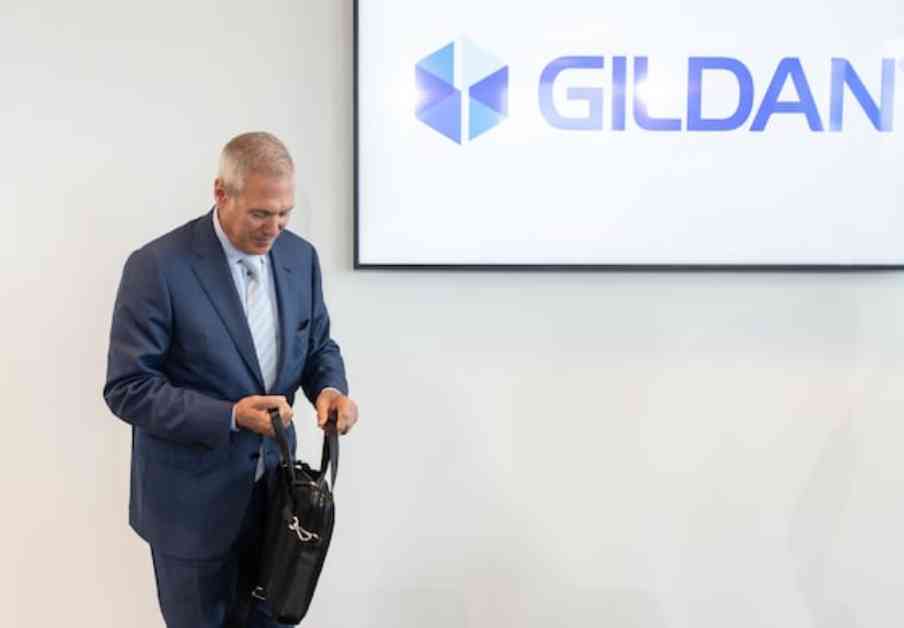Gildan Activewear Inc. CEO Glenn Chamandy recently revealed that the proxy fight the company faced cost a staggering US$76.8 million. This battle, which lasted for nearly six months, resulted in a US$33 million windfall for lawyers and other advisors involved in the conflict.
Chamandy criticized the exorbitant amount of money that was spent, calling it an “abusive” waste of resources, especially for a company of Gildan’s size. The financial breakdown of the proxy fight revealed that a significant portion of the costs went towards legal fees, strategic advisors, consultants, and severance packages for departed executives.
The turmoil began when Gildan’s former board of directors clashed with rebel shareholders led by U.S. investment firm Browning West. After a series of lawsuits, disagreements over leadership, and mounting tensions, the proxy fight culminated in Chamandy’s reinstatement as CEO. The battle took a toll on the company’s finances, with a large sum allocated to one-time costs related to the conflict.
The proxy fight also led to significant changes in Gildan’s leadership structure, with a new board comprising directors nominated by Browning West overseeing the company’s operations. This reshuffling is part of a broader strategy to refocus the company’s efforts, including shifting manufacturing to newly-built facilities in Bangladesh and increasing share buybacks.
Despite the high costs incurred during the proxy fight, stakeholders remain optimistic about Gildan’s future prospects. Browning West has outlined a plan for operational improvements, share buybacks, and enhancements to executive compensation that could potentially double the company’s stock price in the coming years.
While the financial toll of the proxy fight was substantial, industry experts suggest that the investment may pay off in the long run. The intense battle between conflicting visions for Gildan’s future highlights the challenges and risks associated with corporate governance and shareholder management.
As Gildan navigates this period of transition and transformation, the company is poised to emerge stronger and more resilient. The lessons learned from the proxy fight will likely shape Gildan’s strategic decisions and corporate governance practices moving forward, paving the way for sustained growth and success in the competitive apparel industry.




















